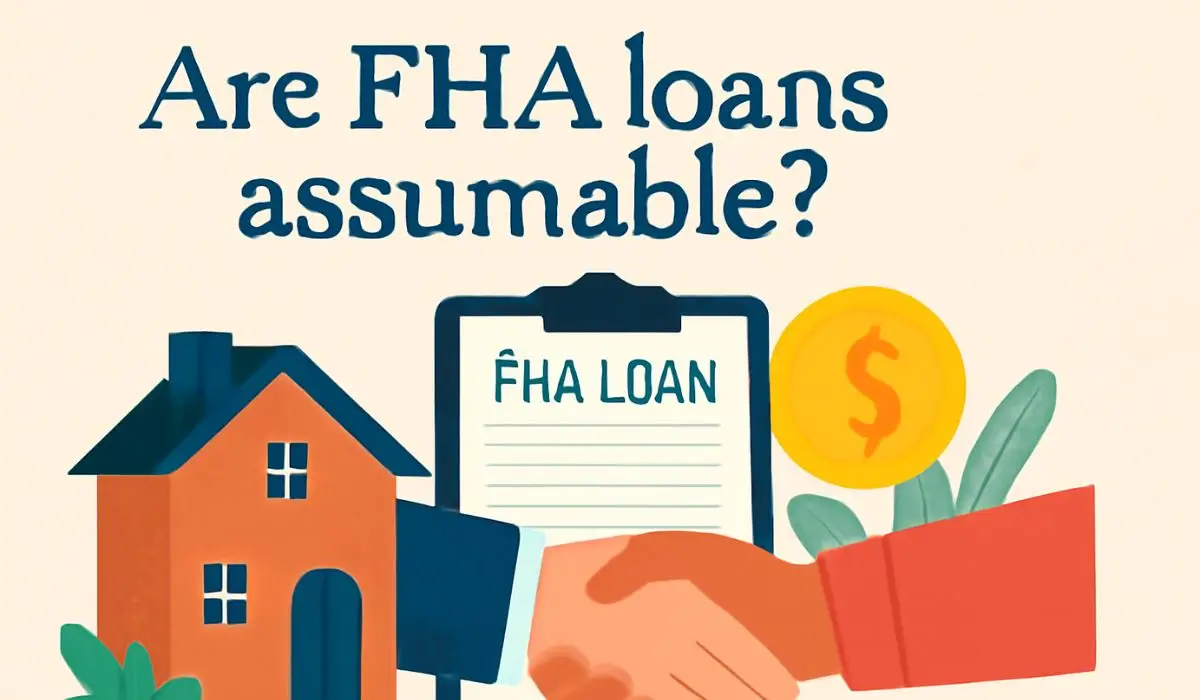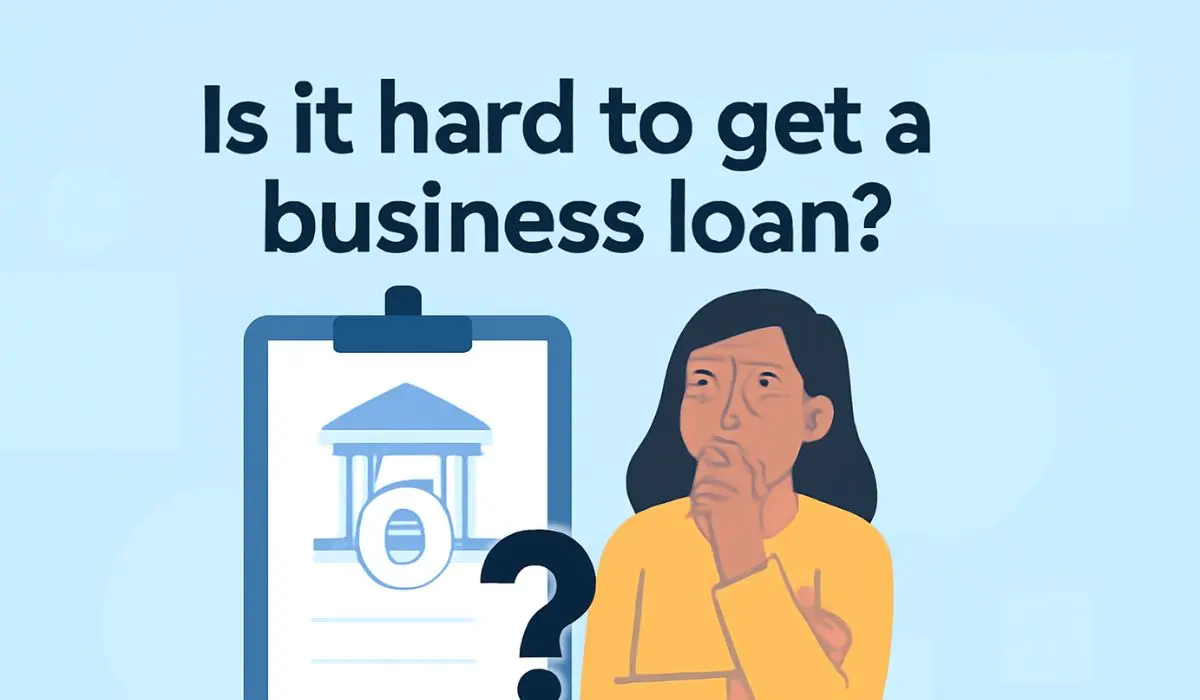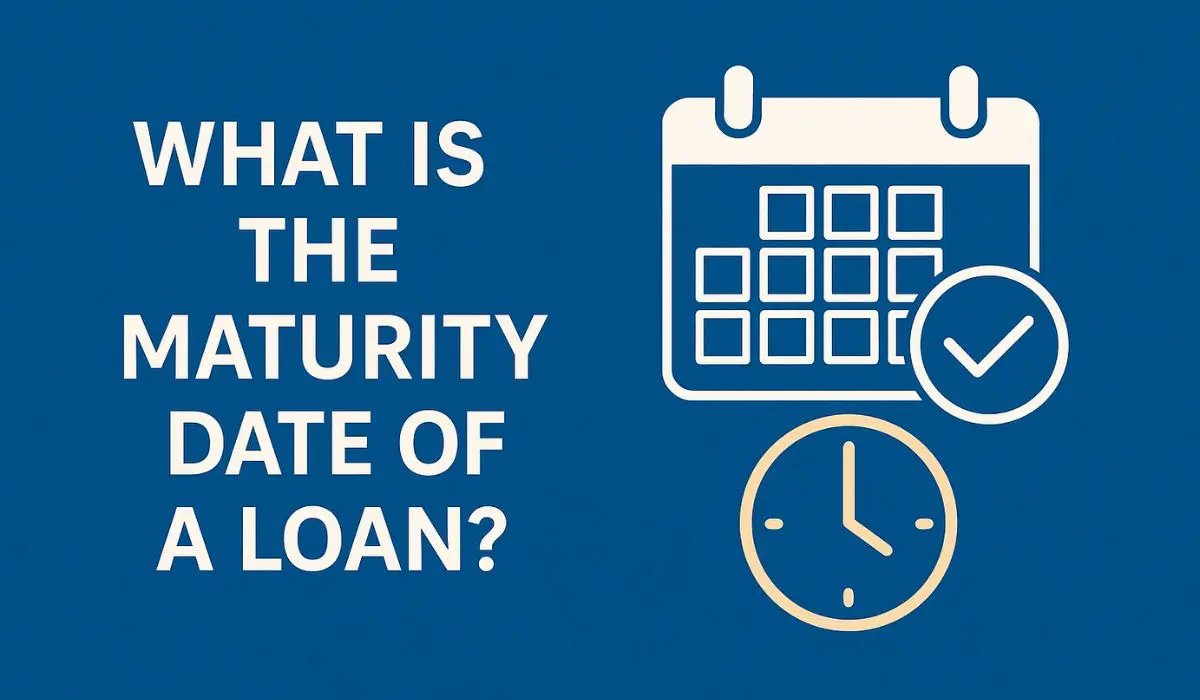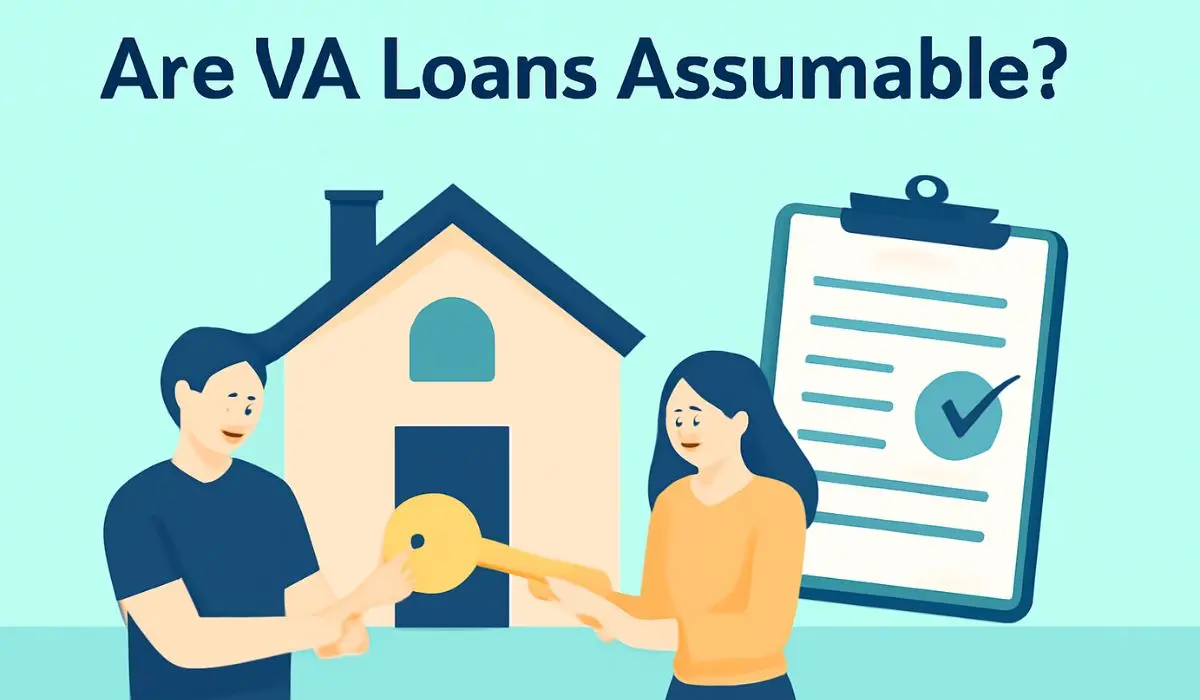If you’re looking to buy a home, you might have heard about FHA loans. These loans are popular because they have low down payments and more relaxed credit requirements. But did you know that some people might be able to take over an FHA loan instead of applying for a new one? This is called an FHA loan assumption. In this article, we’ll explain what an FHA loan assumption is and how it works.
What is an FHA Loan Assumption?
An FHA loan assumption means that you take over the seller’s existing FHA mortgage. You would agree to pay the remaining balance of the loan, keep the same interest rate, and follow the same repayment plan as the seller. The big advantage here is that you might get a lower interest rate than current market rates, which can save you a lot of money over time.
Are All FHA Loans Assumable?
Yes, all FHA loans can be assumed, but the rules can change depending on when the loan was first taken out.
- Loans before December 1, 1986: These loans are freely assumable, meaning you can take over the loan without any special approval from the lender.
- Loans after December 1, 1986: These loans still can be assumed, but the lender must approve the assumption. This means the lender will check your credit and financial history before allowing you to take over the loan.
FHA Loan Assumption Process
Taking over an FHA loan isn’t automatic. Here’s how the process works:
- Step 1: Contact the lender to check if the loan is eligible for assumption and get more details.
- Step 2: You’ll need to prove your creditworthiness by providing documents like pay stubs and tax returns.
- Step 3: Pay the closing costs and any fees required by the lender, which could be around 2% to 5% of the loan balance.
- Step 4: If everything checks out, you’ll sign the papers, and the loan will officially be transferred to you. The seller is no longer responsible for the mortgage.
FHA Loan Assumption Requirements
To assume an FHA loan, there are a few things you need:
- Credit Score: At least 580 for most FHA loans.
- Debt-to-Income Ratio (DTI): Your monthly debt payments should not exceed 43% of your income.
- Proof of Income: You’ll need to show you can afford the payments.
- Primary Residence: You must live in the home.
- Seller’s Responsibility: The seller must have owned the home for at least a year, and the mortgage must be in good standing.
Down Payment and Equity Considerations
Even though you’re assuming the mortgage, you might still need to pay some upfront costs. If the house has increased in value, you’ll need to pay the difference between the home’s market price and the remaining loan balance. This difference is called equity compensation. You can pay this in cash, or you might need to get a second mortgage.
Pros and Cons of Assuming an FHA Loan
There are some good things and some challenges to consider when assuming an FHA loan:
- Pros:
- Lower interest rates than current market rates.
- Lower closing costs compared to a new loan.
- No need for a new appraisal of the home.
- Cons:
- You might have to pay a higher down payment if the house has a lot of equity.
- You’re stuck with the seller’s lender, so you can’t shop around for better deals.
- You may still have to pay mortgage insurance premiums.
Special Circumstances for FHA Loan Assumptions
Sometimes, you might not need to go through the usual assumption process:
- After a death or divorce: If the property is passed on due to these events, the assumption can happen without lender approval.
- Family Transfers: If you’re taking over the mortgage from a family member, it can be easier to do the assumption with fewer requirements.
Can Non-Qualified Borrowers Assume FHA Loans?
In most cases, anyone who meets the lender’s credit requirements can assume an FHA loan. This could include family members, friends, or other non-relatives. As long as they can prove they can handle the payments, they can take over the loan.
FHA Loan Assumption vs. Other Loan Types
FHA loans are easier to assume than many other types of loans:
- VA loans (for veterans) are also assumable.
- USDA loans can also be assumed in certain cases.
- Conventional loans typically aren’t assumable because of the “due-on-sale” clause, which means the lender may call in the full loan amount if the home is sold.
Conclusion
Assuming an FHA loan can be a great option if you’re buying a home and want to take advantage of a lower interest rate. However, it’s not a simple process, and there are requirements you must meet. If you’re thinking about assuming an FHA loan, talk to a lender to understand the details, and make sure you have the necessary financial qualifications. By doing this, you can make a more informed decision about whether it’s the right choice for you.
FAQs
It’s not very hard, but you must meet certain criteria, including a minimum credit score of 580, a debt-to-income ratio of 43% or less, and proof of income. The lender must also approve the assumption.
To transfer an FHA loan, the buyer must qualify through a credit check and meet the lender’s requirements. The seller must work with the lender to complete the loan assumption process.
The costs to assume an FHA loan include an assumption fee (typically 0.05% to 1% of the loan balance), closing costs (usually 2% to 5% of the loan balance), and possibly the equity difference if the home’s value has increased.
FHA loans have always been assumable, but after December 1, 1986, the process requires lender approval and the buyer must meet creditworthiness and income qualifications.
Check your original loan agreement or contact your lender to confirm if your FHA loan is assumable. Loans before December 1, 1986, are freely assumable, while newer loans require lender approval.
Yes, investors can assume an FHA loan, but they must meet the same credit and financial requirements as a typical borrower. The property must also remain the investor’s primary residence.





